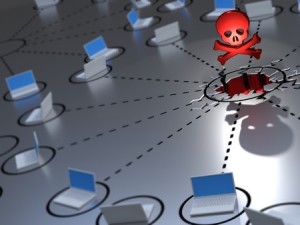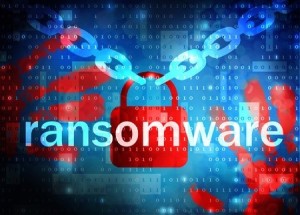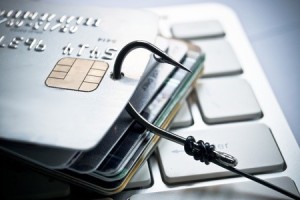
As many as 1 million malware threats get released every day, often on third-party sites offering software for download.
Malware is still a vital enemy of any business that wants to avoid downtime. Much like hackers, it seems that those who create malware are eerily several steps ahead of those who create ways to stop it all. According to the most recent reports, 1 million malware threats get released every day in the online world. Last year alone, there were 317 million pieces of malware created, which is just astounding at the level criminals go to in obtaining personal information.
While many businesses choose to turn this kind of information off, it’s even more problematic when downloading software off the net. Even if you usually avoid such downloads, you may need a particular program at the eleventh hour, despite not being sure about its background. This becomes even more of a problem if one of your employees downloads a program you’re not aware of and ends up infecting your system with malware.
Unfortunately, third-party sites offering software is where criminals often place their malware, and it could essentially shut you down in an instant. Some malware could bring extended downtime to your business and cause serious financial harm.
With some astute awareness, however, you have ways to check those online programs so you know they’re safe before you download them.
Finding Information About the Software You Need
Any program you want to download from the net about safety is easy to research on Google. Never download a program instantly without doing that research first since you’re basically doing cyber Russian Roulette. It’s imperative you let all your employees know how to research a program before they go and download one they need in a hurry.
Keep in mind, though, that a third-party site you once trusted before to download software could get impersonated by a cyber criminal. All it takes is just one letter change in the URL, and you could end up on a faux, identical website. Once you start downloading malware, there isn’t any way to stop it.
Your best move is to just download the software directly from the publisher’s main site. You know it’s legit going this route. Still, if you haven’t heard of the program before, do an online search to see what people are saying about it and whether it’s truly safe.
Scanning Software Before it’s Downloaded
You can always use virus software and scan the program for malware if you’re still not sure. Even better is having a managed service provider watching over you for these threats in the first place so you know everything downloaded is safe. An occasional flaw in some virus software is that it may give a false positive on malware. This doesn’t mean the software isn’t safe, yet it’s best to avoid it if your virus software says something is there.
The good news is that when virus software thinks malware is there, it tells you what the malware program is. Just look it up on Google so you know it’s a real threat and not a mistake.
Much of this is easily dealt with when using a managed service like ours here at SystemsNet. Through our Vita, Vita Plus, and Vita Pro packages, you’ll have complete management of your entire system so malware doesn’t become an issue.
We quietly monitor your network remotely so we’re aware of any threats before they even happen. In the event you do get malware unleashed on your computers, we’re there to remove it in minutes so it doesn’t shut you down.
Contact us to find out more about our comprehensive IT services and how we’ll help you overcome the most dangerous cyber threats facing businesses today.


